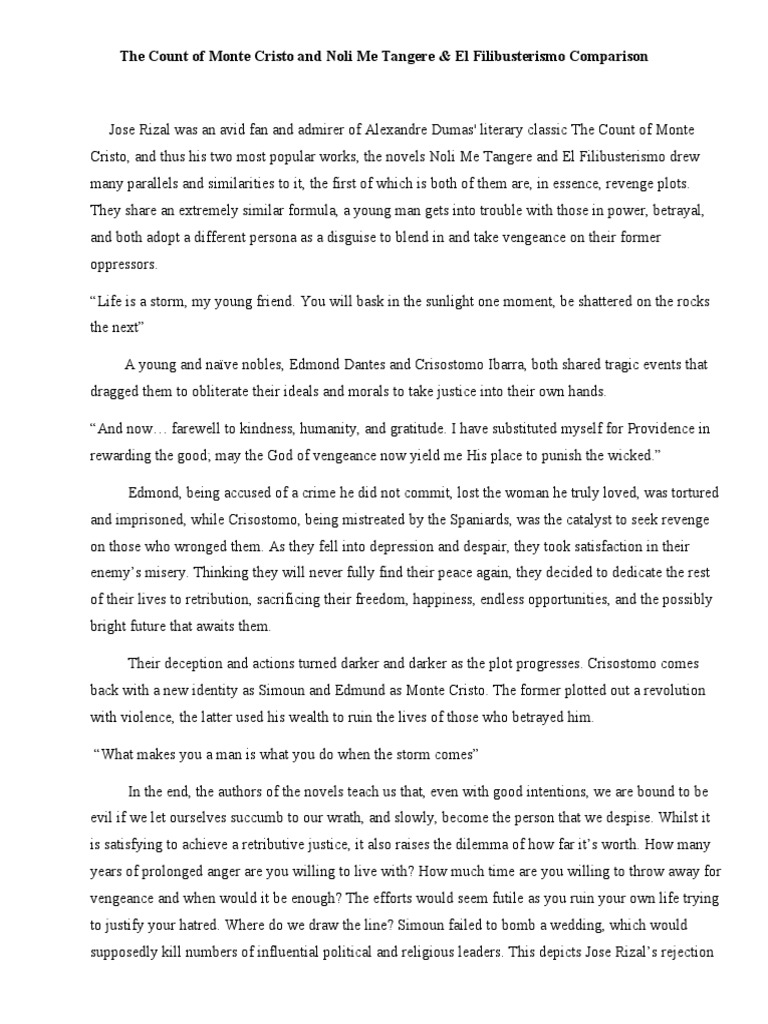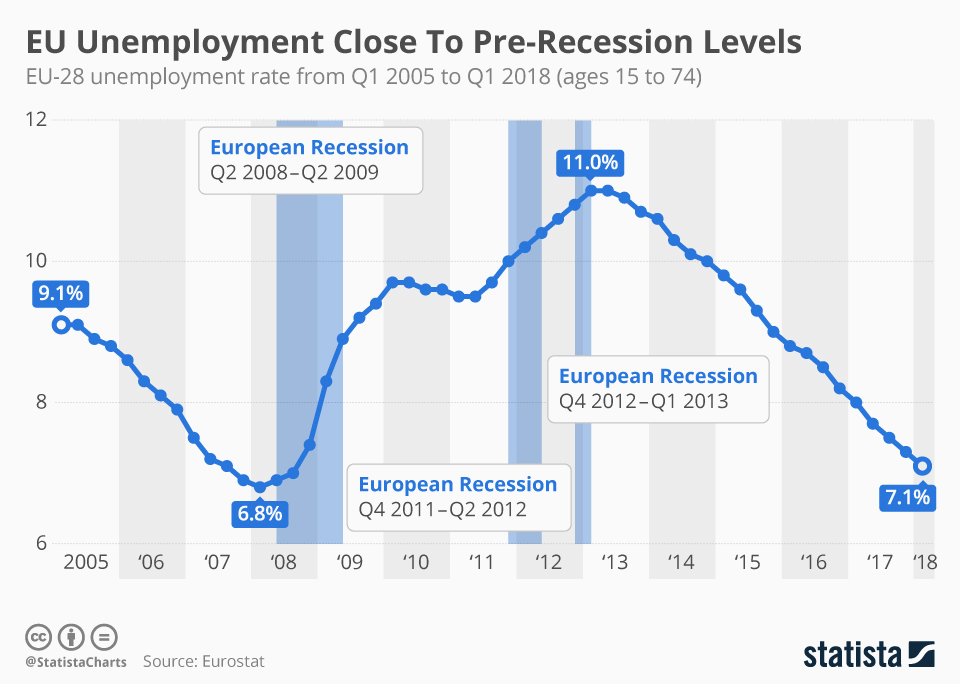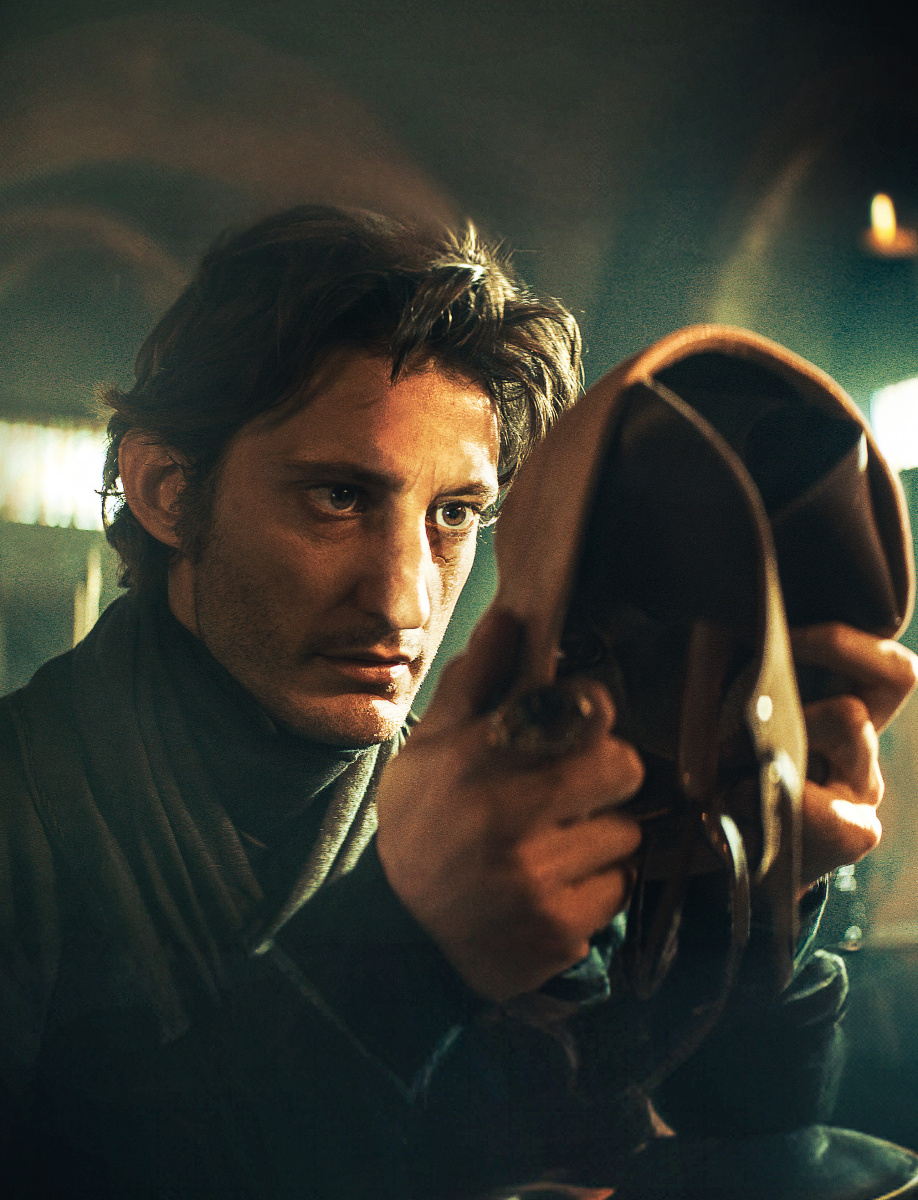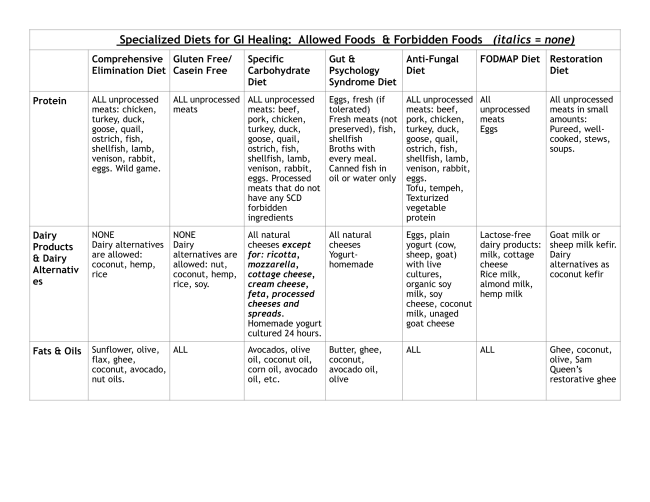A Critical Analysis Of The Marvel Cinematic Universe's Current State

Table of Contents
The Rise of Multiverse Fatigue
The multiverse, once a fresh and exciting concept, has become a prevalent narrative device in recent MCU projects. This overuse risks causing "MCU fatigue," a phenomenon where audiences become desensitized and even jaded by the constant hopping between realities.
-
Examples of multiverse overuse: While Spider-Man: No Way Home successfully utilized the multiverse, its subsequent appearances in Doctor Strange in the Multiverse of Madness and various Disney+ series, like Loki, have led to a sense of repetition. The sheer number of variants and the lack of consistent narrative stakes in some instances have diluted the impact.
-
Analysis of audience reception: Initial excitement surrounding the multiverse has waned for some viewers. Online discussions reveal growing concerns about narrative coherence and a sense of overwhelming complexity. The novelty has worn off for a segment of the fanbase.
-
Potential for narrative exhaustion and audience burnout: The constant introduction of new characters and timelines without sufficient development risks overwhelming the audience. This can lead to narrative exhaustion and a decline in overall engagement.
-
Comparison to other successful franchises: Unlike the MCU's heavy reliance on the multiverse, successful franchises like the Harry Potter series or the Lord of the Rings trilogy built compelling narratives within established universes, demonstrating that expansive storytelling doesn't necessitate multiverse hopping.
Quality Control Concerns and Creative Consistency
The MCU's recent output has demonstrated a noticeable variance in quality. While some projects have been critically acclaimed and commercially successful, others have faced considerable criticism, raising concerns about creative consistency and production values.
-
Examples of highly-rated and poorly-received projects: Shang-Chi and the Legend of the Ten Rings and Spider-Man: No Way Home exemplify the MCU's ability to produce high-quality content. In contrast, certain Disney+ series have received mixed reviews, highlighting inconsistencies in writing, pacing, and overall execution.
-
Potential reasons for inconsistent quality: Factors such as rushed production schedules, shifting creative visions between directors and writers, and perhaps an over-reliance on established formulas could be contributing to the quality fluctuations.
-
Impact of inconsistent quality on the overall MCU brand: The inconsistencies threaten the MCU's overall brand image. Maintaining a consistent standard of quality is essential to sustaining audience trust and engagement, preventing a decline in overall viewership and box office success.
The Shifting Landscape of Streaming and Theatrical Releases
The MCU faces the ongoing challenge of balancing theatrical releases with its growing presence on Disney+. This new distribution model has profoundly impacted both box office performance and audience engagement.
-
Impact of streaming on box office numbers: The simultaneous release of some MCU projects on Disney+ alongside their theatrical debuts has arguably affected box office revenue, raising questions about the optimal release strategy.
-
Advantages and disadvantages of simultaneous release strategies: While simultaneous releases expand accessibility for viewers, they may diminish the perceived exclusivity and theatrical experience, potentially impacting box office numbers.
-
Future of MCU releases in a changing media landscape: The MCU must adapt to evolving audience consumption habits and distribution models. Finding the right balance between theatrical and streaming releases will be crucial to its continued success. This requires careful consideration of audience preferences and the long-term health of both platforms.
Character Development and Fan Expectations
A recurring critique of the MCU involves the development, or perceived lack thereof, of key characters. While some characters have undergone significant growth, others seem underdeveloped or inconsistently portrayed, sometimes to cater to fan expectations.
-
Examples of successful and unsuccessful character arcs: Characters like Peter Parker (Spider-Man) have benefited from well-defined and evolving storylines. However, other characters have felt underdeveloped, particularly those introduced solely for fan service or lacking clear narrative motivations.
-
Impact of fan expectations on character development: Balancing fan service with original storytelling is a delicate act. While acknowledging fan favorites is crucial, prioritizing fan expectations over compelling narratives can lead to creatively unfulfilling outcomes.
-
Balancing fan service and original storytelling: A successful MCU moving forward needs to strike a balance. It needs to acknowledge its devoted fanbase while still producing fresh, innovative stories that push creative boundaries and resonate beyond simply pleasing pre-existing expectations.
Conclusion
The Marvel Cinematic Universe is at a critical juncture. This analysis reveals significant challenges: multiverse fatigue, inconsistent quality control, evolving distribution models, and the complex balance between fan service and original storytelling. While the MCU has undoubtedly achieved monumental success, addressing these issues is crucial for its future. The opportunities remain, but a strategic reevaluation of creative priorities is necessary to maintain audience engagement and solidify its position as a leading cinematic force. What are your thoughts on the current state of the MCU? Share your opinions and predictions on the MCU future in the comments below!

Featured Posts
-
 Canelo Vs Plant Alvarez Shuts Down Crawford Fight Speculation
May 04, 2025
Canelo Vs Plant Alvarez Shuts Down Crawford Fight Speculation
May 04, 2025 -
 Exploring The Themes Of Revenge And Justice In The Count Of Monte Cristo
May 04, 2025
Exploring The Themes Of Revenge And Justice In The Count Of Monte Cristo
May 04, 2025 -
 177 000 Jobs Created In April U S Unemployment Rate Stays At 4 2
May 04, 2025
177 000 Jobs Created In April U S Unemployment Rate Stays At 4 2
May 04, 2025 -
 The Count Of Monte Cristo A Port Macquarie News Review
May 04, 2025
The Count Of Monte Cristo A Port Macquarie News Review
May 04, 2025 -
 Mma Odds And Predictions Ufc Des Moines Event Breakdown
May 04, 2025
Mma Odds And Predictions Ufc Des Moines Event Breakdown
May 04, 2025
